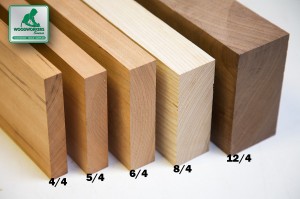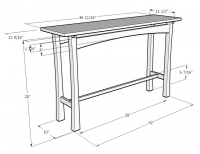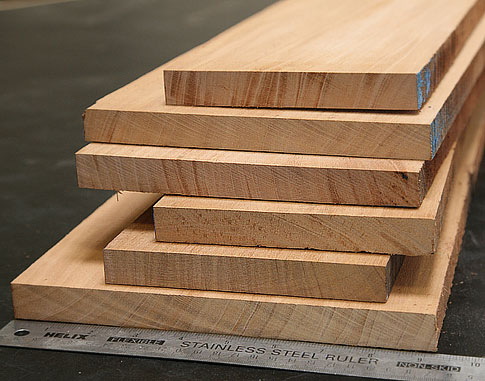
$8.00 ea.
48 U.S. Ground Service
Delivery & Pick-Up Options
Log in to see delivery dates
Ready NEXT DAY - Tempe, Phoenix or Tucson
Schedule it during checkout
Why Choose Curly Maple?
Same species as Soft Maple. Resembles Hard Maple being closed-grained but much softer. Easily worked. Turns and planes well. Does not require fillers to achieve a glass smooth finish. Accepts finish and paint well Curls appearing across the board are the result of contortions in the grain that reflect light at different angles.
Get your hands on a wood you've never tried before! It's simple. Samples are milled on all sides to the standard size of 1/2'' X 3'' X 6'', as determined by The International Wood Collectors Society, and include the shipping cost within the 48 U.S. Each one is labeled with the botanical and common names. Use these to test finishes and stains, to compare color and grain characteristics, etc.
| Thickness | 1/2" (≈ 1/2" approx) |
| Width | 3" |
| Length | 6" |
| Grade | Samples are milled on all sides, cut square and sanded; wood is a product of nature with inconsistencies from piece to piece. Use species samples as a guide, not a perfect representation. |
Woodworkers Also Recommend These
2.63
lbs /Bd. Ft.Wood Texture
Ease of Finishing
Cream white to reddish brown.
A popular, fast growing decorative tree. Matures to about 60-90 feet in height and 30" in diameter.
Carolina red maple, flame maple, fiddleback maple; see also Soft Maple
Furniture, cabinets, accessories, interior millwork, high-end work
The Joys of Building with Great Woods
Understanding hardwood lumber starts right here with these wacky fractions.
If you're expecting perfect clear lumber 100% of the time, you're in for a surprise. Here's a summary of the hardwood lumber grades and what to expect from them.
Board feet isn't your everyday kind of math, but these three simple steps make it easy to figure out your project.
Here's a handy (and free) Excel worksheet that helps you estimate the lumber needs for your project.
Are woods poisonous? Hazardous to use in cutting boards or baby cribs? Find out here.
Wood is like a sponge, and it's always in a state of absorbing or releasing moisture to stay equalized with its environment. The problem with that is it also swells and shrinks. Here's what you need to know to protect your project.















